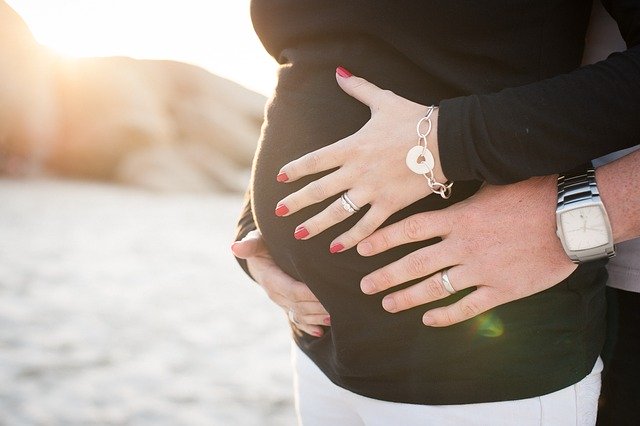We love moms, and we thought it’d be a good idea to take a look at the wonderful world of prenatal and post-partum care. With all the changes the body goes through during pregnancy, personal upkeep is super important to prepare for a healthy delivery. At Pro Fusion Rehab, we’d like to help!
How can physiotherapy help pregnant women?
Physiotherapy is a terrific tool to help get your body ready. Lower back pain, pelvic pain and urinary incontinence are highly common in pregnant women, so pelvic floor exercises and kegels are a great start to keeping your insides strong.
Based on the research of Dr S. Mørkved *, published on An International Journal of Obstetrics and Gynaecology **; states that:
This one year follow up study demonstrates that a specially designed postpartum pelvic floor muscle training course was effective in the prevention and treatment of stress urinary incontinence.
As a woman’s body grows over the course of the pregnancy, she may notice things beginning to shift. Her center of gravity changes, affecting her balance and gait, which is often accompanied by lower back pain. Physiotherapy can help with the pain in the back through the use of mild strengthening exercises, and education on adjusting posture.
When should I start physiotherapy treatment during pregnancy?
Pregnant women can start physiotherapy at any time, even as soon as the first trimester. The physiotherapist will not be using any modalities, especially electrotherapy in the third trimester, as the current may cause early contractions. The care will be largely focused on exercises and education for maintenance. Incorporating a few regular sessions into your routine will also help to alleviate some stress.
Can I have massage therapy or acupuncture during pregnancy?
Physiotherapy isn’t the only option for stress relief and pain management, however. Both massage therapy and acupuncture can also be worked into your prenatal care plan to help you manage a variety of symptoms. Massage therapy caters to relieving muscle tension, as well as boosting circulation, decreasing swelling, and in many cases, encouraging sleep. We recommend waiting until at least 12 weeks into the pregnancy before booking massage to prevent the risk of miscarriage. Your massage therapist will recommend alternative positions to lying on your stomach and incorporate a gentler approach to your therapy to prevent any additional strain.
Acupuncture is also an effective option for relief of pain in the low back and pelvis. Your acupuncturist can also help relieve headache, heartburn, nausea, constipation, and preeclampsia, as well as boosting mood and sleep habits. You can start acupuncture in your first trimester (especially to help with morning sickness), just be sure to be open your therapist; some acupuncture points can trigger labour.
Are you ready for post-partum physiotherapy?
How soon you return to therapy is largely dependent on whether you have a natural birth or a caesarean. For natural birth, mothers can usually return for treatment within the first month. For c-section moms, however, we recommend waiting a few extra weeks before returning to make sure your abdomen is healing well before resuming therapy. Under physiotherapy, you will not be returning to abdominal exercises until about 6 months after giving birth, but other exercises can still be performed.
Good prenatal care will make your post-partum recovery easier. Whatever your needs and whatever your pace, we’re happy to work with you to keep you happy and comfortable throughout your pregnancy.
* Corresponding author: Dr S. Mørkved.Departments of Physiotherapy; and Gynaecology and Obstetrics, Regional Hospital, Trondheim/Melhus Physiotherapy Clinic, Melhus, Norway; Norwegian University of Sport and Physical Education, Oslo, Norway
** An International Journal of Obstetrics and Gynaecology: Volume 107, Issue 8, August 2000, Pages 1022–1028
